Precision Machining Technology
Machinists are needed to create automotive parts, windmill parts, military equipment, medical equipment and many other parts that have precise components. If you like working with your hands and making things that most others can't, Precision Machining may be the program for you!
Thanks to the new global economy, innovative technologies, entrepreneurship and federal and state initiatives, manufacturing is forever changed, and machinists are in great demand. Today's careers in this field are exciting, cutting-edge and filled with endless possibilities. Manufacturing is fast becoming a laboratory environment with employees tracking production, working in quality teams and using sophisticated computer applications.
In this program, students will learn to operate manual and computerized drills, lathes, mills and grinders. Some will use Computer-Aided Manufacturing (CAM) software programs. Computer Numerical Control, or CNC machines are also used in this program. This is an automation method used that allows for precise tolerances, near-perfect copies and extremely quick design and manufacturing.
View the Articulated Credit Sheet for Precision Machining Technology.
Precision Machining Year One Syllabus
Our mission is to provide students with the essential knowledge, skills, and work habits to excel in their careers and future learning.
Course
Precision Machining Technology – Year 1
National Career Cluster: Manufacturing
Michigan Career Pathway: Engineering, Manufacturing & Industrial Technology
Instructor
Enrique “Rick” Castañeda
517.244.1376
Kate Burchwell, Instructional Assistant
517-244-1325
Types of Credit
Fourth year math credit WTC; awarded by sending school
Articulation Agreements
Lansing Community College
Ferris State University
Northern Michigan University
Special Requirements/Program Prerequisites
- Good attendance
- Good basic math skills
- First year algebra (suggested)
- Long pants at all times NO SHORTS in the classroom or lab
- SAFETY GLASSES (properly fitted) must be worn at all times in the lab. Some operations equipment may require additional personal protective equipment. Glasses need Z-87 designation with side shields.
- No ear buds, CELL PHONES, Headphones, other personal electronic devices must not be used when working in the lab.
- Hard-soled shoes covering the whole foot must be worn at all times. (No sandals, flip-flops and no Crocs.)
Wilson Talent center supports all students by providing many universal accommodations including but not limited to the following:
- Extended time to finish assignments and tests.
- Notes taken from lectures and presentations may be used on tests (excluding safety tests).
- Tests scoring below 70 percent may be retaken.
- Text to speech software and head phones are provided.
- Restroom breaks as needed.
- Alternate settings for tests.
- One-on-one help for tests and assignments.
Program Description
The opportunities for students in the Precision Machining Technology (PMT) program include: learn to interpret blueprints and learn the skilled craft of precision machining needed not only in the automotive and aircraft industry but also in the manufacturing of medical implants and instruments. Manufacturing is becoming more highly technical and is fast becoming a laboratory environment with employees tracking production, working in quality teams, using sophisticated computer applications, technical reading and academic skills, as well as problem solving, and teamwork skills. Students will learn to operate sophisticated manual and computerized drills, lathes, mills, and grinders using CAM, Computer- Aided Manufacturing software programs. Students can prepare for a career in precision machining and/or continue their education after high school in technical school or college. Students may qualify for college credit.
Career exploration, employability skills, technology skills, and the academic skills necessary to succeed in the workplace and in advanced education are integrated into the program curriculum.
Course Topics (Two Year Program)
- Shop, Personal, and Equipment Safety
- Bench Work, Hand Tools, Fasteners, and Layout
- Blueprint Reading – Includes GD&T
- Machinery’s Handbook
- Metrology – Includes SPC
- Machine Maintenance
- Resume/Portfolios
- Metallurgy
- Power Saws
- Grinders
- Drill Press
- Manual Lathe
- Manual Mill
- Surface Grinder
- Quality Assurance
- Shop Floor (Intuitive) Programming
- CNC Programming
- Computer Aided Manufacturing (CAM)
- CNC Lathe
- CNC Mill
- OSHA 10 hour General Safety Certificate (Blended Learning)
Exit Outcomes
- Students will operate sophisticated manual and computerized drills, lathes, mills, and grinders using CAM, Computer-Aided Manufacturing software programs.
- Students prepare for a career in precision machining and/or continue their education after high school in technical school or college.
- Students may qualify for college credit.
- Students will participate in career exploration, learn employability skills, technology skills, and the academic skills necessary to succeed in the workplace and in advanced education are integrated into the program curriculum.
- Students in the PMT program may participate in two student organizations, Skills USA and Michigan Industrial Technical Education Society.
Work Based Learning Opportunities
- Guest speakers
- Field trips
- Job shadow
| Item | Points/Percentage |
|---|---|
| Work Habits (includes attendance) | 35% |
| Academic | 30% |
| Lab | 35% |
| Total: | 100% |
- Work Habits: Points based upon your attitude, quality, professionalism, motivation, resources, and attendance.
- FOOD and drinks are permitted in designated areas only.
- Students are required to clean up EVERY DAY using vacuums, brooms, and dust pans.
- Students are not to work alone, an instructor must be present at all times.
- CLEAN UP starts 15 minutes prior to the closing time of the Lab.
- All students are required to clean up their work area and put away all materials and tools.
- Academic (Tests, quizzes, and Worksheet grades): Your instructor may choose to give you a grade for all classroom work you take for the program.
- Lab (Project Grades): You will be given a grade for every completed project that you work on. This project may be an assignment that you made with hand tools, power tools, machinery, or class group project.
| A=93-100% | B=83-86% | C=73-76% | D=63-66% |
| A- =90-92% | B- =80-82% | C- =70-72% | D- =60-62% |
| B+ =87-89% | C+ = 77-79% | D+ = 67-69% | E= 59 or below |
Work Habits Grades Each Marking Period
Attendance Codes for Grading Work Habits
| Unexcused Codes | Excused Codes | Tardy Codes |
|
A U-CA |
X-CA X-NC |
T T-TC T-NC T-LE |
Consequences for Absences and Tardies
| Unexcused Absences | Excused Absences | Tardies |
| Work Habit - Attendance | Work-Habit - Attendance |
Work-Habit - Self Discipline and Responsibility |
| 1 or More unexcused absences = ZERO (0%) for attendance |
1 or 2 excused absences = 5 (100%) 3 excused absences = 4 (87%) 4 excused absences= 3 (75%) 5 excused absences = 2 (55%) 6 or more excused absences =1 (0%) Note: Students have up to 2 "free" excused attendance days each marking period. |
Grade students for this work habit based on performance in class; then, reduce the grade 1 grade fro each tardy/leave early as follows: 0 tardies = no grade change 1 tardy = -1 reduction 2 tardies =-2 reduction 3 tardies =-3 reduction 4 tardies = -4 reduction Example: Student earned a 4 (87%) for self discipline and responsibility but had 2 tardies; the grade for this work habit would be a 2 (55%). |
Work Habits Grade Scale
| 5 | 100% |
| 4 | 87% |
| 3 | 75% |
| 2 | 55% |
| 1 | 0% |
Student Code of Conduct
Good student conduct is important for maintaining a healthy course environment. Students enrolled in the Precision Machining/CAM program are expected to:
- Exercise self-control
- Use courteous language
- Resolve conflict in a mature manner
- Be appropriately dressed and groomed
- Student cell phones must be stored in their assigned storage area daily
- Demonstrate a positive attitude
- Take a leadership role
- Be polite
- Be cooperative
- Respect the rights and feelings of others
- Behave in a manner that does not disrupt others
- Treat others with courtesy and respect (i.e., put oneself in the place of the other person, whether that person is another student, teacher, parent/guardian, community person, administrator, lunchroom or custodial worker, or any other person on campus)
- Take responsibility for school property
- Respect the building, grounds, and property
- Conserve resources in the classroom and lab
- Support the learning process
- Attend all classes regularly and on time
- Be prepared for class (i.e., bring assignments, books, and supplies)
- Listen carefully to instructions
- Participate in class activities
- Blended Learning Opportunities by completing homework and spending more time in the lab
- Safety Rules for the Precision Machining Lab
- Safety glasses must ALWAYS be worn in the lab. Grinding and Heat treat operations will also require using a face shield with safety glasses. Glasses must meet Z-87 designation.
- Proper lab attire rules must be followed:
- No loose-fitting clothing may be worn in the lab, including ties, and loose sleeves.
- No tank-tops or half shirts
- No bare midriff
- No hooded sweatshirts with strings
- No skirts or kilts
- No shorts
- Hard-soled shoes covering the whole foot must always be worn. (No sandals, flip flops and no crocs.)
- Gloves can only be worn when handling material.
- NO jewelry allowed, remove rings, necklaces, bracelets and watches.
- Long hair must be pulled back and secured with a hair tie or hat.
- Only ONE person - operates the machine.
- NO headphones or earbuds allowed in the lab.
- Food and drinks are permitted, check with the instructor.
- Compressed air must NOT be used to clean skin or clothing.
- NEVER work alone in the lab, supervision is required.
- Equipment that appears not to be working correctly must be reported to the instructor or IA.
- Clean up starts 15 minutes prior to students leaving.
- Students not following the lab safety rules will not be allowed to use the lab until the safety issues are resolved.
Precision Machining Year Two Syllabus
Our mission is to provide students with the essential knowledge, skills, and work habits to excel in their careers and future learning.
Course
Precision Machining Technology – Year 2
National Career Cluster: Manufacturing
Michigan Career Pathway: Engineering, Manufacturing & Industrial Technology
Instructor
Enrique “Rick” Castañeda
517.244.1376
Katelyn Burchwell, Instructional Assistant
517.244.1325
Types of Credit
Fourth year math credit WTC; awarded by sending school
Articulation Agreements
Lansing Community College
Ferris State University
Northern Michigan University
Special Requirements/Program Prerequisites
- Students must successfully finish their OSHA-10 Safety training as First-Year students in order to return as Second-Year Students.
- Good attendance
- Good basic math skills
- First year algebra (suggested)
- Long pants at all times. NO SHORTS in the classroom or lab.
- SAFETY GLASSES (properly fitted) must be worn at all times in the lab. Some operations and equipment may require additional personal protective equipment. Glasses need Z-87 designation with side shields.
- No ear buds, CELL PHONES, Head phones, other personal electronic devices must not be used when working in the lab.
- Hard-soled shoes covering the whole foot must be worn at all times. No sandals, flip-flops and no Crocs.
Wilson Talent center supports all students by providing many universal accommodations including but not limited to the following:
- Extended time to finish assignments and tests.
- Notes taken from lectures and presentations may be used on tests (excluding safety tests).
- Tests scoring below 70 percent may be retaken.
- Text to speech software and head phones are provided.
- Restroom breaks as needed.
- Alternate settings for tests.
- One on one help for tests and assignments.
Program Description
The opportunities for students in the Precision Machining Technology (PMT) program include: learn to interpret blueprints and learn the skilled craft of precision machining needed not only in the automotive and aircraft industry but also in the manufacturing of medical implants and instruments. Manufacturing is becoming more highly technical and is fast becoming a laboratory environment with employees tracking production, working in quality teams, using sophisticated computer applications, technical reading and academic skills, as well as problem solving, and teamwork skills. 2nd Year students will program and setup CNC Lathes and Mills, Create CNC programs using Mastercam CAD/CAM manufacturing software. Students can prepare for a career in precision machining and/or continue their education after high school in technical school or college. Students may qualify for college credit and or national machine tool certification through the National Institute for Metalworking standards.
Career exploration, employability skills, technology skills, and the academic skills necessary to succeed in the workplace and in advanced education are integrated into the program curriculum.
Course Topics (2nd Year Returning Students)
- Shop, Personal, and Equipment Safety
- Bench Work, Hand Tools, Fasteners, and Layout
- Blueprint Reading – Includes GD&T
- Machinery’s Handbook
- Metrology – Includes SPC
- Advanced manual lathe and mill projects
- Resume/Portfolios
- Metallurgy
- Mastercam Computer Aided Design & Computer Aided Manufacturing (CAD/CAM) Software
- Milling Tips and Techniques
- CNC Mill programming exercises
- CNC Mill setup and operation exercises
- Lathe Tips and techniques
- CNC Lathe programming exercises
- CNC Lathe setup and operation exercises
- ACU-RITE MillPWR G2 Shop Floor (Intuitive) Programming
- CNC Mill and Lathe operations
Exit Outcomes
Students will operate sophisticated manual and computerized drills, lathes, mills, and grinders using SOLIDWORKS computer aided manufacture software programs:
- Students prepare for a career in precision machining and/or continue their education after high school in technical school or college.
- Students may qualify for college credit and or national machine tool certification through the National Institute for Metalworking Standards.
- Students will participate in career exploration, learn employability skills, technology skills, and the academic skills necessary to succeed in the workplace and in advanced education are integrated into the program curriculum.
- Students in the PMT program may participate in two student organizations, Skills USA and Michigan Industrial Technical Education Society.
Work Based Learning Opportunities
- Guest speakers
- Field trips
- Job shadow
- Work Based Learning (Paid)
| Item | Points/Percentage |
|---|---|
| Work Habits (includes attendance) | 35% |
| Academic | 30% |
| Lab | 35% |
| Total: | 100% |
Work Habits: Points based upon your attitude, quality, professionalism, motivation, resources, and attendance.
-
Food and drinks are permitted in designated areas only.
-
Students are required to clean up EVERY DAY using vacuums, brooms, and dust pans.
-
Students are not to work alone. An instructor must be present at all times.
-
CLEAN UP starts 15 minutes prior to the closing time of the lab.
-
Academic (Tests, quizzes, and Worksheet grades): Your instructor may choose to give you a grade for all classroom work you take for the program.
-
Lab (Project Grades): You will be given a grade for every completed project that you work on. This project may be an assignment that you made with hand tools, power tools, machinery, or class group project.
| A =93-100% | B =83-86% | C = 73-76% | D =63-66% |
| A- =90-92% | B- =80-82% | C- = 70-72% | D- = 60-62% |
| B+ = 87-89% | C+ = 77-79% | D+ = 67-69% | E = 59 or below |
Work Habits Grades Each Marking Period
Attendance Codes for Grading and Work Habits
| Unexcused Codes | Excused Codes | Tardy Codes |
|
A U-CA |
X-CA X-NA |
T T-TC T-NC T-LC |
Consequences for Absences and Tardies
| Unexcused Absences | Excused Absences | Tardies |
| Work Habit - Attendance | Work Habit - Attendance |
Work-Habit - Self Discipline and Responsibility |
| 1 or More unexcused absences = ZERO (0%) for Attendance |
1 or 2 excused absences = 5 (100%) 3 excused absences = 4 (87%) 4 excused absences = 3 (76%) 5 excused absences = 2 (55%) 6 or more excused absences = 1 (0%) Note: Students have up to 2 "free" excused attendance days each marking period. |
Grade students for this work habit based on performance in class; then. reduce the grade 1 grade for each tardy/leave early as follows: 0 tardies = no grade change 1 tardy = -1 reduction 2 tardies = -2 reduction 3 tardies = -3 reduction 4 tardies = -4 reduction Example: Student earned a 4 (87%) for self-discipline and responsibility but had 2 tardies; the grade for this work habit would be a 2 (55%). |
Work Habits Grade Scale
| 5 | 100% |
| 4 | 87% |
| 3 | 75% |
| 2 | 55% |
| 1 | 0% |
Student Code of Conduct
Good student conduct is important for maintaining a healthy course environment. Students enrolled in the Precision Machining/CAM program are expected to:
- Exercise self-control
- Use courteous language
- Resolve conflict in a mature manner
- Be appropriately dressed and groomed
- Student cell phones must be stored in their assigned storage daily
- Demonstrate a positive attitude
- Take a leadership role
- Be polite
- Be cooperative
- Respect the rights and feelings of others
- Behave in a manner that does not disrupt others
- Treat others with courtesy and respect (i.e., put oneself in the place of the other person, whether that person is another student, teacher, parent/guardian, community person, administrator, lunchroom or custodial worker, or any other person on campus)
- Take responsibility for school property
- Respect the building, grounds, and property
- Conserve resources in the classroom and lab
- Support the learning process
- Attend all classes regularly and on time
- Be prepared for class (i.e., bring assignments, books, and supplies)
- Listen carefully to instructions
- Participate in class activities
- Blended Learning Opportunities by completing homework and spending more time in the lab
Safety Rules for the Precision Machining Technology Lab
- Safety glasses must ALWAYS be worn in the lab. Grinding and Heat treat operations will also require using a face shield with safety glasses. Glasses must meet Z-87 designation.
- Proper lab attire rule must be followed.
- NO loose-fitting clothing may be worn in the lab, including ties, and loose sleeves.
- NO tank-tops or half shirts
- NO bare midriff
- NO hooded sweatshirts with strings
- NO skirts or kilts
- NO shorts
- Hard-soled shoes covering the whole foot must always be worn. (NO sandals, flip-flops and no Crocs.)
- GLOVES can only be worn when handling material.
- NO jewelry allowed. Remove rings, necklaces, bracelets and watches.
- Long hair must be pulled back and secured with a hair tie or hat.
- Only ONE person operates the machine.
- NO headphones or earbuds allowed in the lab.
- Food and drinks are permitted, check with the instructor.
- Compressed air must NOT be used to clean skin or clothing.
- NEVER work alone in the lab, supervision is required.
- Equipment that appears not to be working correctly must be reported to the Instructor or IA.
- CLEAN UP starts 15 minutes prior to students leaving.
Students NOT following the lab safety rules will not be allowed to sue the lab until the safety issues are resolved.
Photos from the Precision Machining program . . .
-
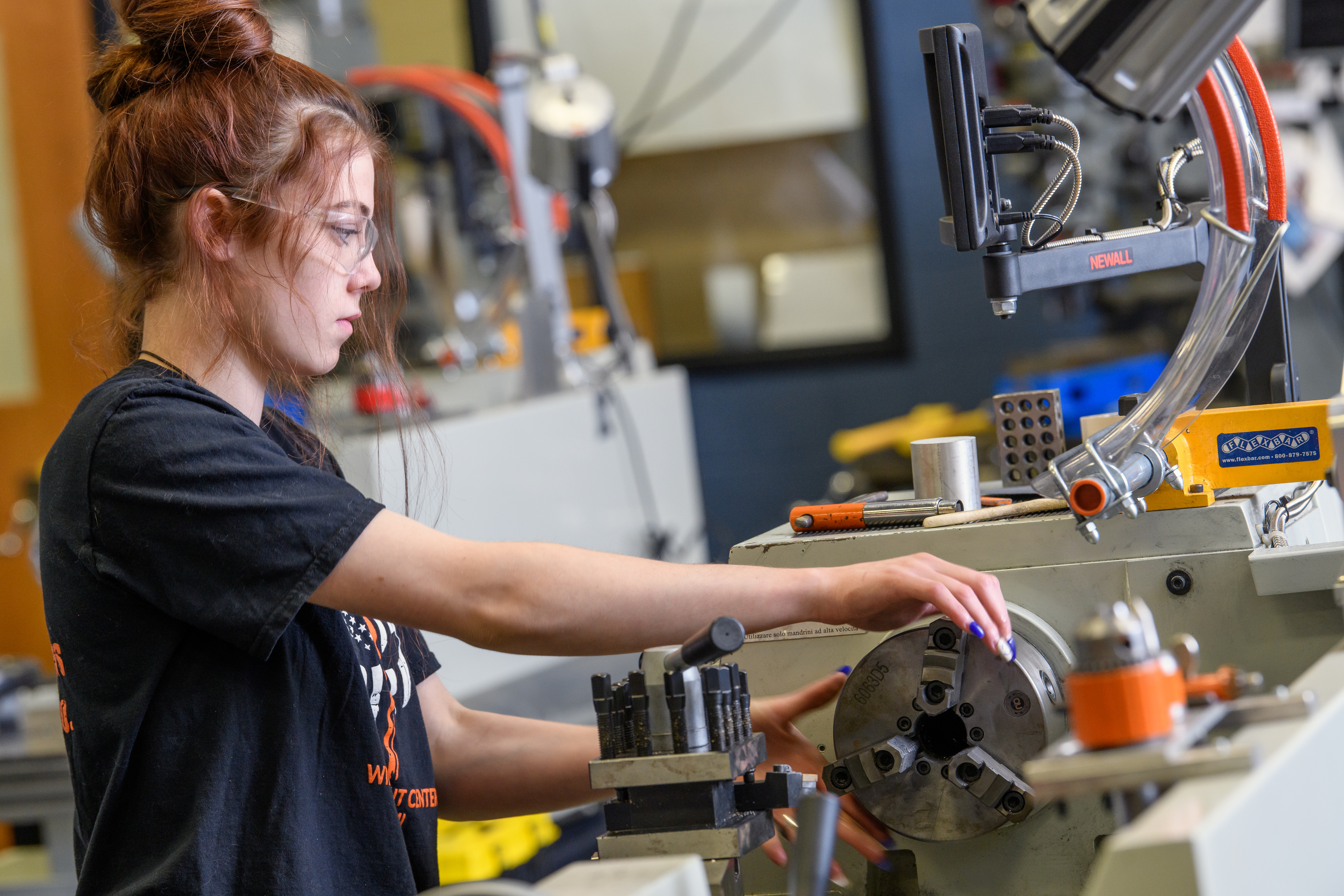 Click to see a larger version
Skip to end of gallery
Skip to start of gallery
Click to see a larger version
Skip to end of gallery
Skip to start of gallery
-
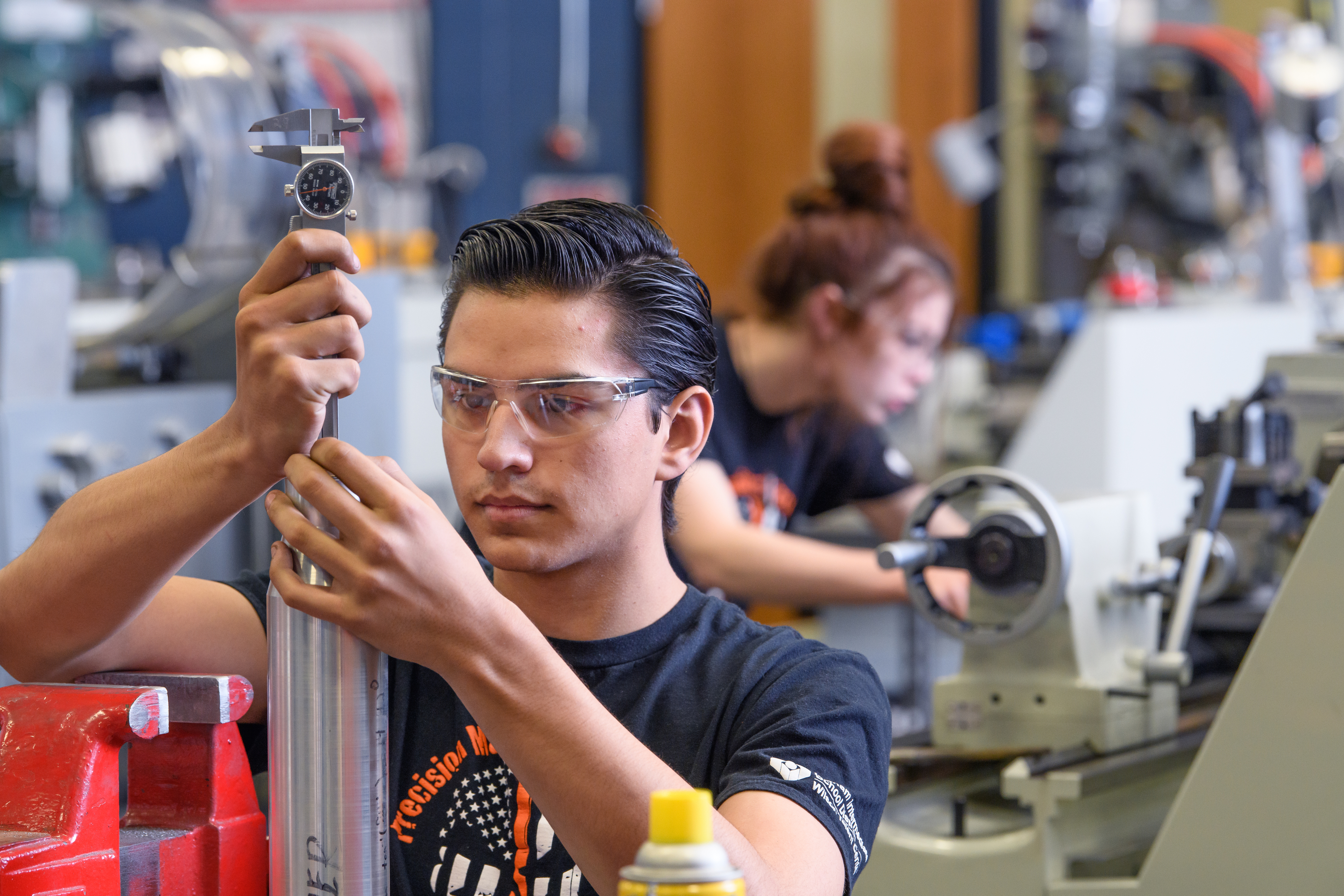 Click to see a larger version
Skip to end of gallery
Skip to start of gallery
Click to see a larger version
Skip to end of gallery
Skip to start of gallery
-
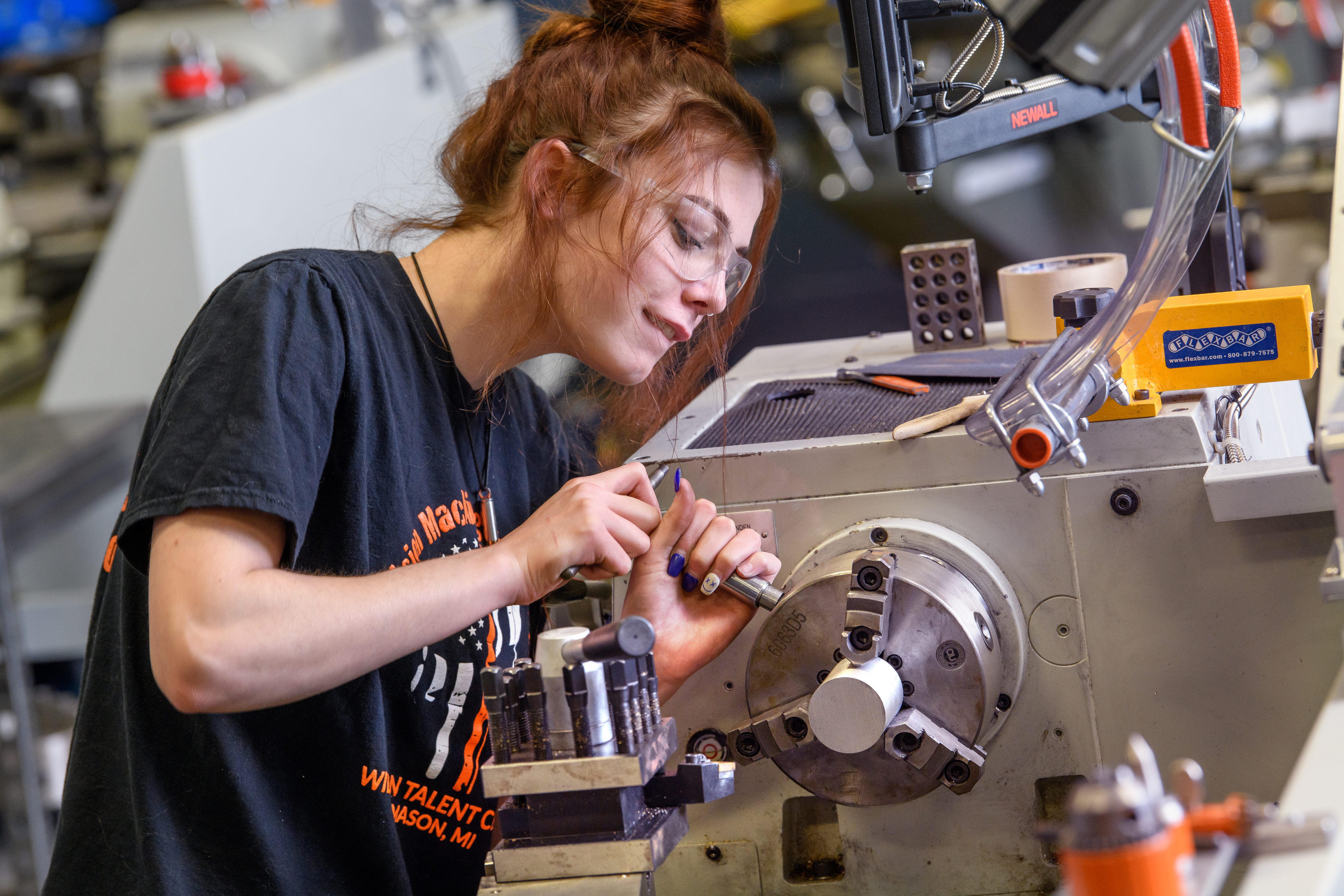 Click to see a larger version
Skip to end of gallery
Skip to start of gallery
Click to see a larger version
Skip to end of gallery
Skip to start of gallery
-
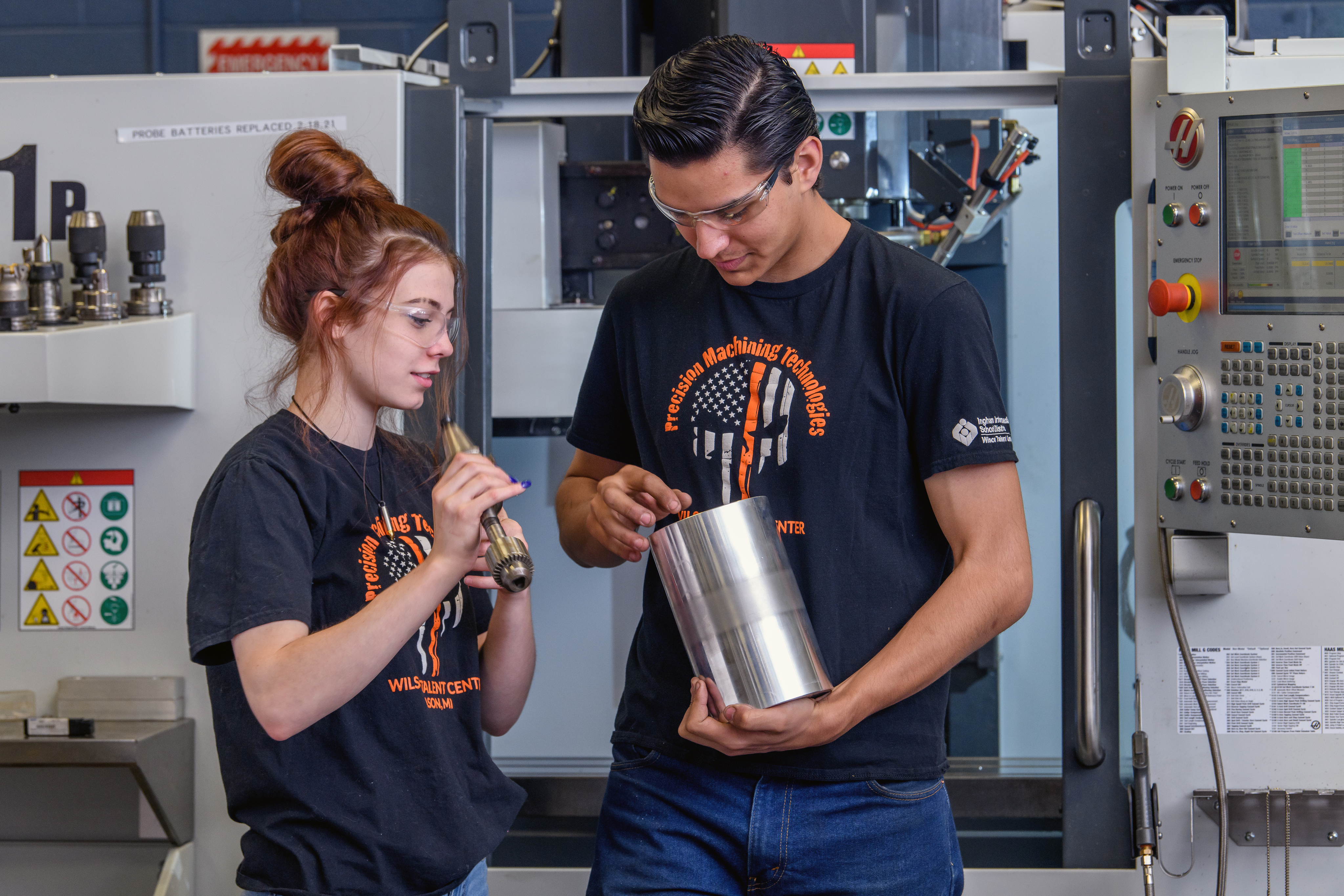 Click to see a larger version
Skip to end of gallery
Skip to start of gallery
Click to see a larger version
Skip to end of gallery
Skip to start of gallery
-
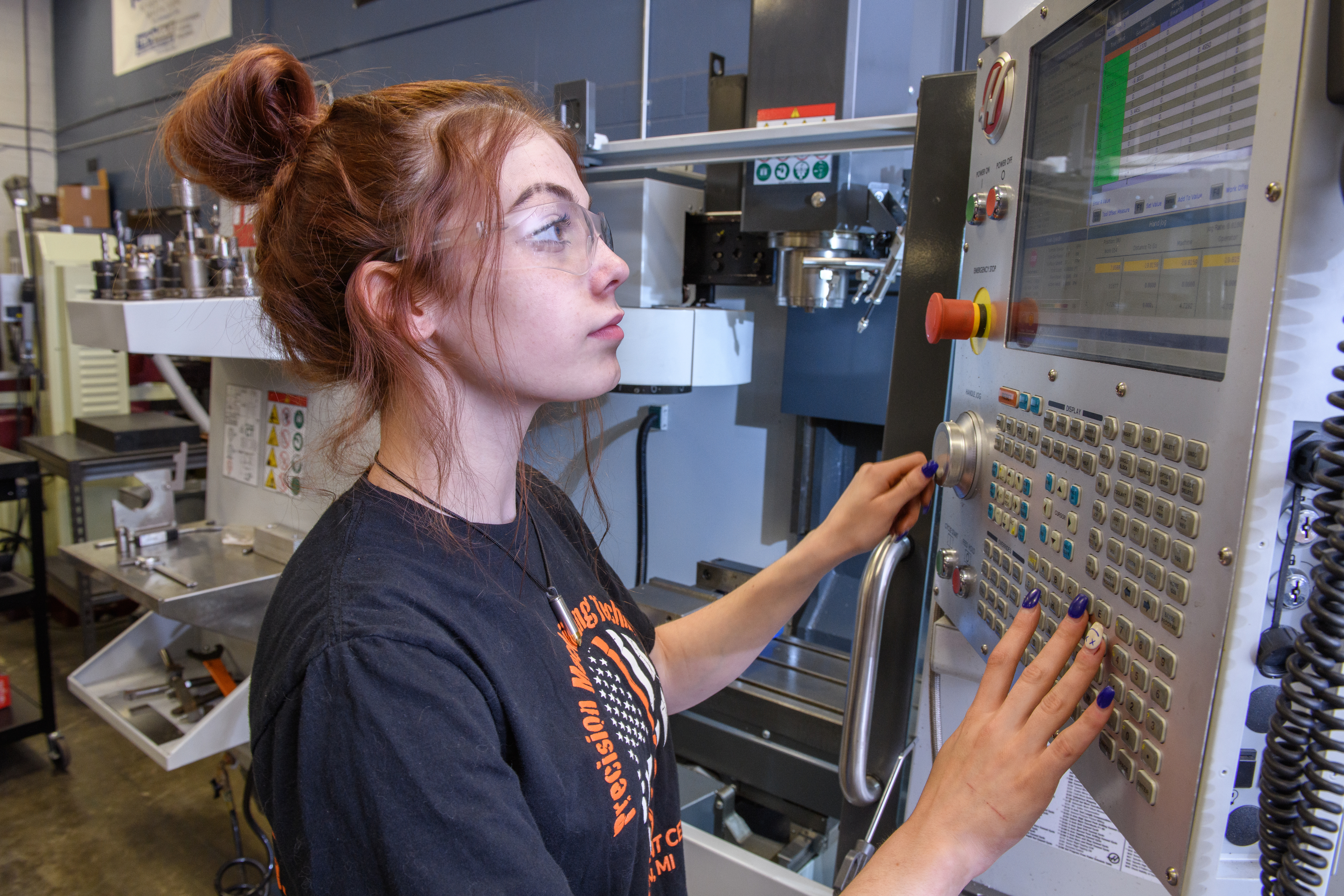 Click to see a larger version
Skip to end of gallery
Skip to start of gallery
Click to see a larger version
Skip to end of gallery
Skip to start of gallery
-
 Click to see a larger version
Skip to end of gallery
Skip to start of gallery
Click to see a larger version
Skip to end of gallery
Skip to start of gallery
-
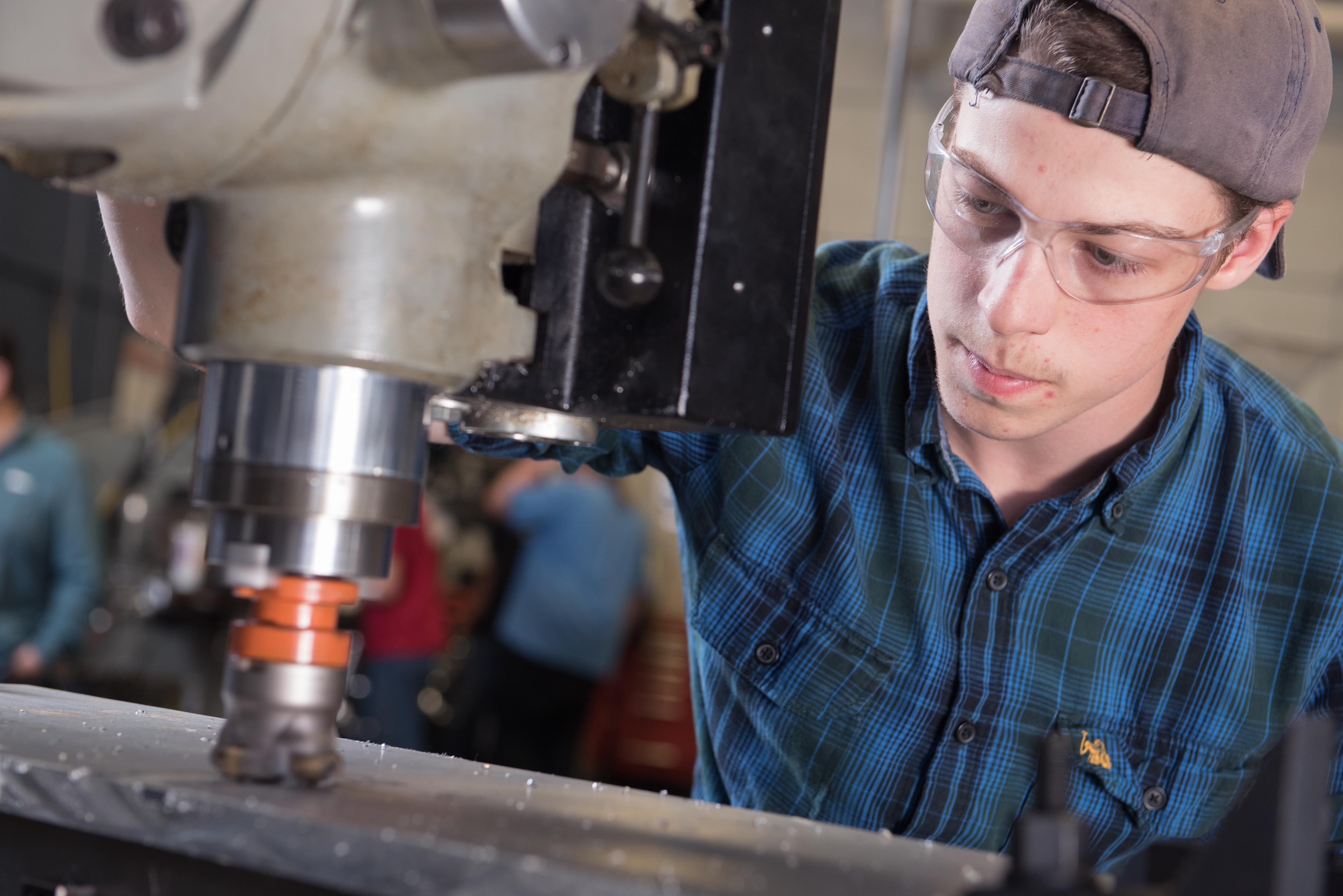 Click to see a larger version
Skip to end of gallery
Skip to start of gallery
Click to see a larger version
Skip to end of gallery
Skip to start of gallery
-
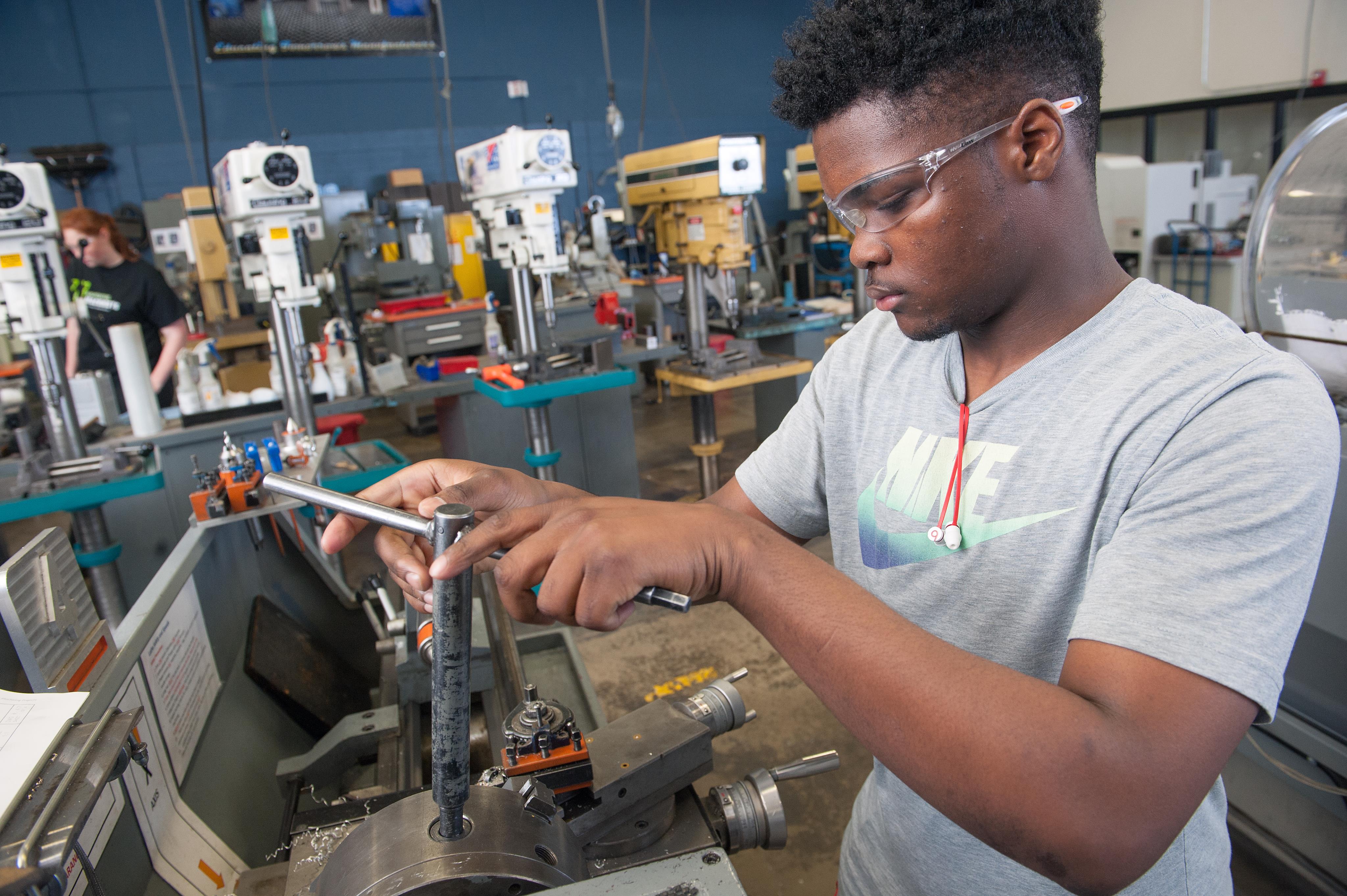 Click to see a larger version
Skip to end of gallery
Skip to start of gallery
Click to see a larger version
Skip to end of gallery
Skip to start of gallery
-
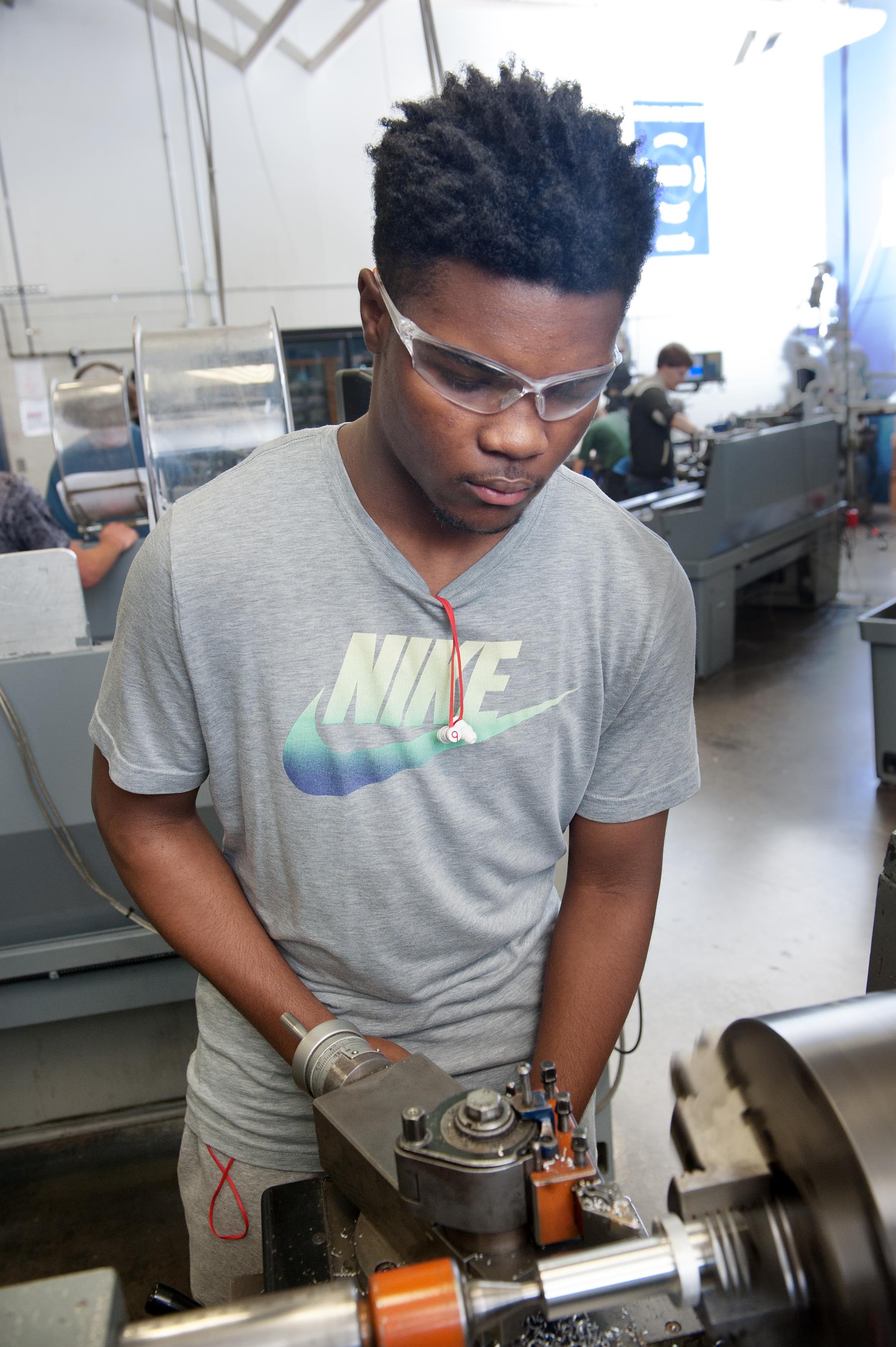 Click to see a larger version
Skip to end of gallery
Skip to start of gallery
Click to see a larger version
Skip to end of gallery
Skip to start of gallery
-
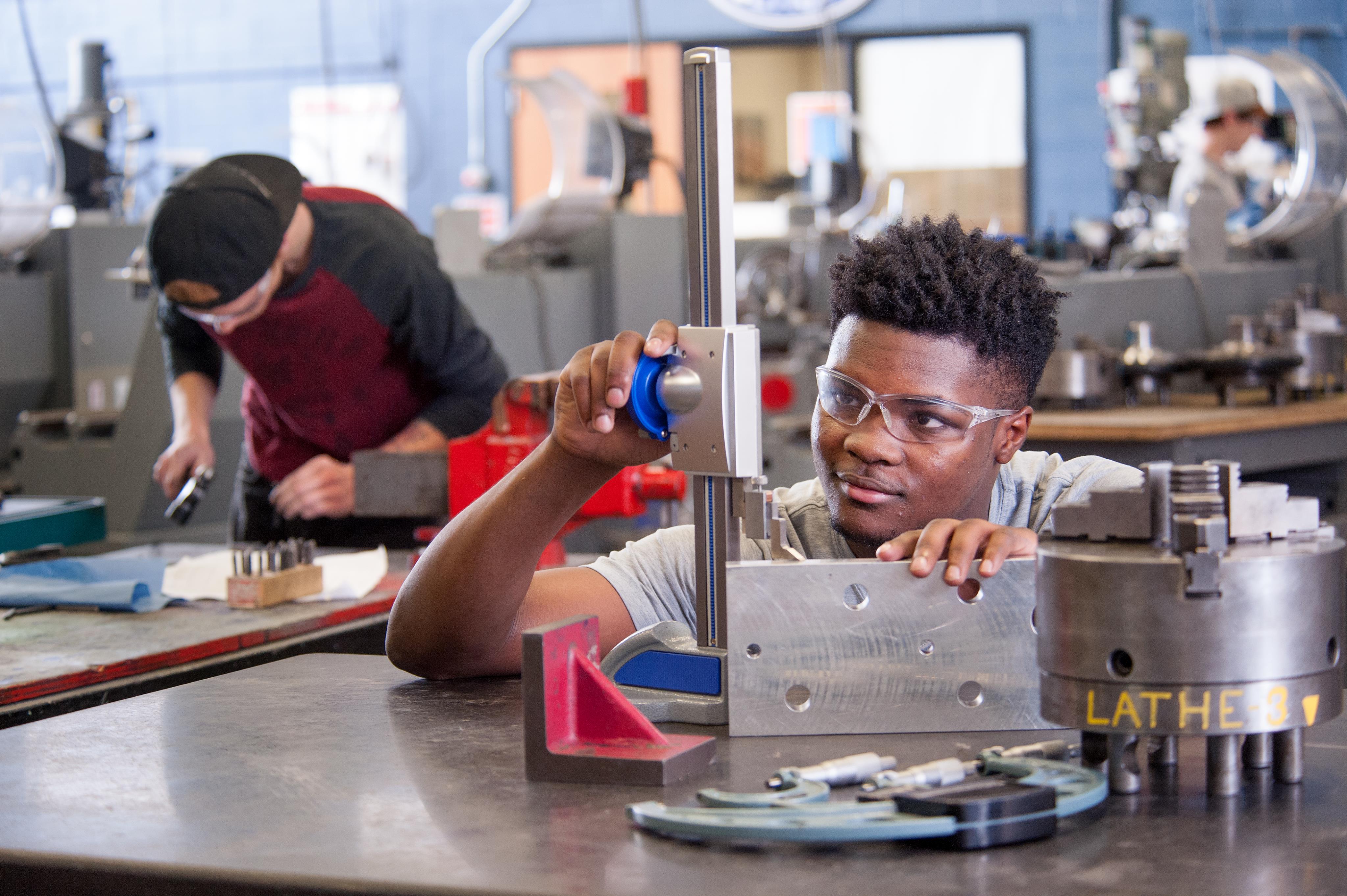 Click to see a larger version
Skip to end of gallery
Skip to start of gallery
Click to see a larger version
Skip to end of gallery
Skip to start of gallery
